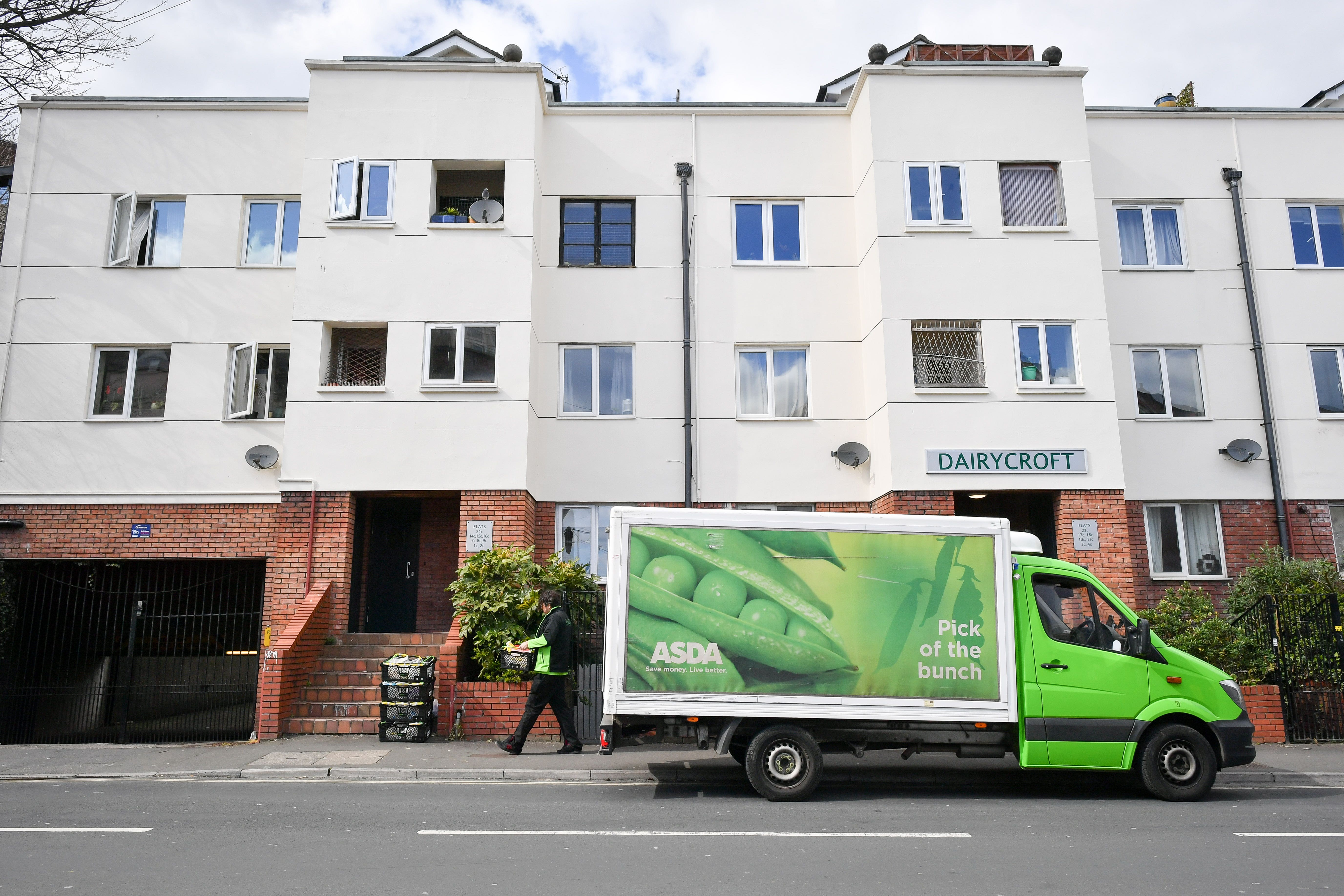Wealthier households more likely to get shopping delivered, study finds
Academics analysed data from 1,521 households in London and the north of England.

Wealthier people are more likely to buy their groceries online compared to poorer counterparts, a new study suggests.
Researchers also found unskilled workers are more inclined to order takeaways using apps like Just Eat, Deliveroo and Uber Eats, which was also associated with higher rates of obesity.
For the study, academics from the London School of Hygiene and Tropical Medicine analysed data from 1,521 households in London and the north of England collected from a consumer research panel.
They were categorised based on self-reported household income of between £0 and £19,999, £20,000 and £49,000 and £50,000 or more per year, as well as occupation.
Social grades associated with jobs ranged from high for professional and managerial roles, middle-high for supervisors and junior managers, middle-low, such as skilled manual workers, and low, including semi and unskilled manual workers, pensioners, unemployed people and those on state benefits.
Overall, 13.2% of the households ordered food using takeaway apps over a seven-day period, while 15.6% used online grocery delivery services over four weeks.
Higher income households were more likely to have groceries delivered from the likes of Tesco, Asda, Morrisons, Ocado, Sainsbury’s, Waitrose, Marks and Spencer and Iceland, compared to those with lower incomes, the analysis found.
Elsewhere, households with a “lower social grade” were more likely to use apps to order takeaways compared to those of the highest social grade.
Use of takeaway apps was also associated with obesity, while online grocery deliveries were not.
Researchers said: “Usage of online food delivery services was patterned by social position, with differing associations observed according to the marker of social position used.
“Purchasing groceries online was more likely among households with higher income, while purchasing takeaway food online was more likely among those with lower occupational social grade.
“Takeaway food delivery app use was positively associated with living with obesity. The potential impact of increased and differential usage of online delivery services on diet and dietary inequalities warrants further research.”
They added that the limitations of the study – published in BMJ Public Health – include the fact it only “provides only a snapshot of online purchasing”.
The analysis was also “limited by the uneven distribution of households across social grade and income groups”, researchers said, while the sample of “predominantly urban households in London and the north of England may not be fully representative of England”.
Bookmark popover
Removed from bookmarks